Andrej Karpathy Book Recommendations
Andrej Karpathy is a prominent computer scientist and Director of AI at Tesla, known for his expertise in deep learning and neural networks. He holds a Ph.D. from Stanford University, where he conducted groundbreaking research in computer vision and natural language processing. Karpathy is also renowned for his work as the former Director of AI at OpenAI. In addition to his impactful contributions to the field of artificial intelligence, Karpathy is notable for his keen interest in book recommendations. He often shares thought-provoking reads on his social media platforms, engaging followers with diverse literary selections that reflect his intellectual curiosity and multidisciplinary approach.
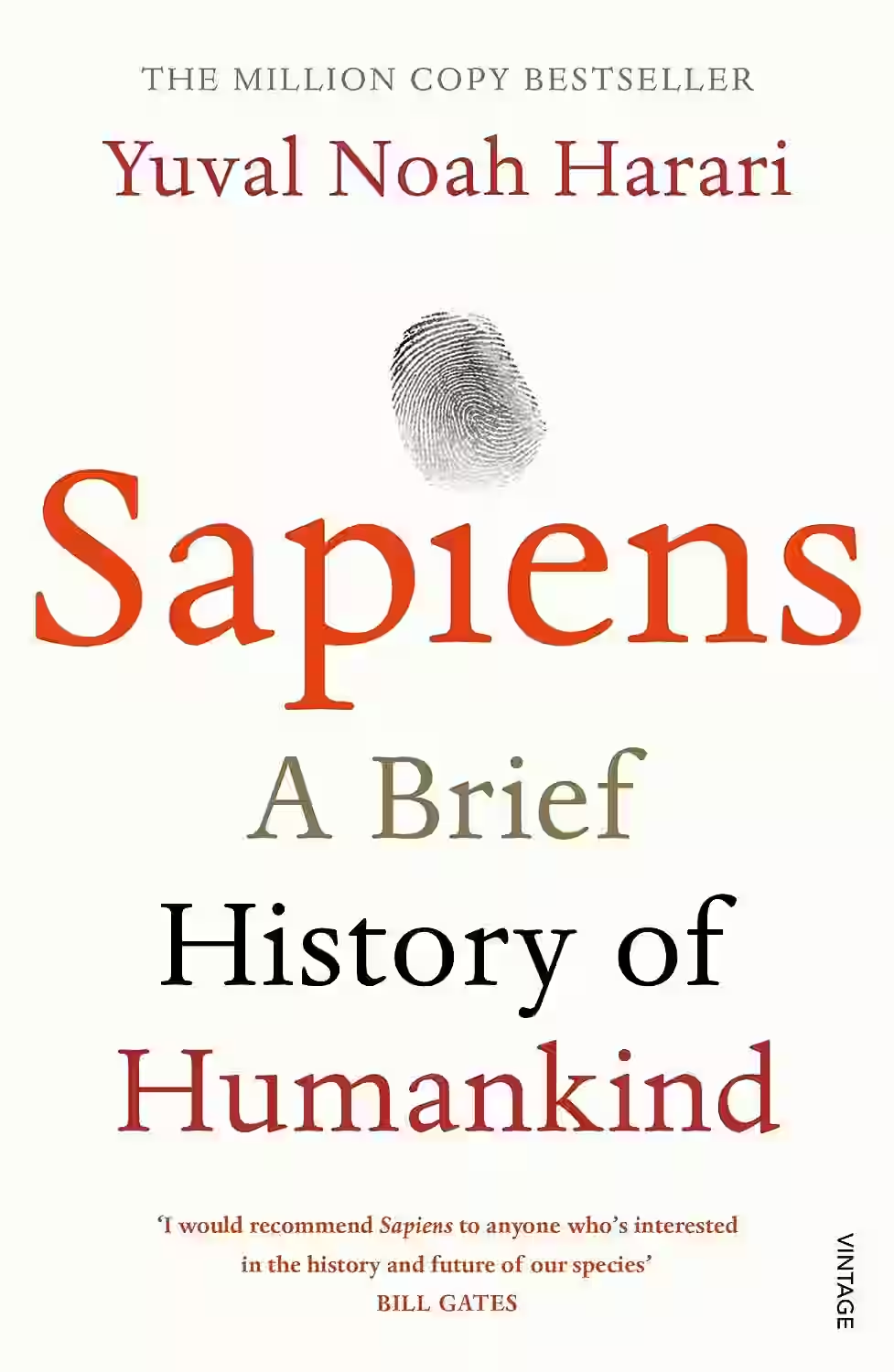
Yuval Noah Harari's Sapiens charts the epic history of humankind, from early Homo sapiens to today's complex world. It explores the Cognitive, Agricultural, and Scientific Revolutions that defined our development. Harari examines the role of shared beliefs in enabling mass cooperation and questions the essence of our humanity and future. This insightful work offers a broad perspective on our origins, progress, and the challenges we face.
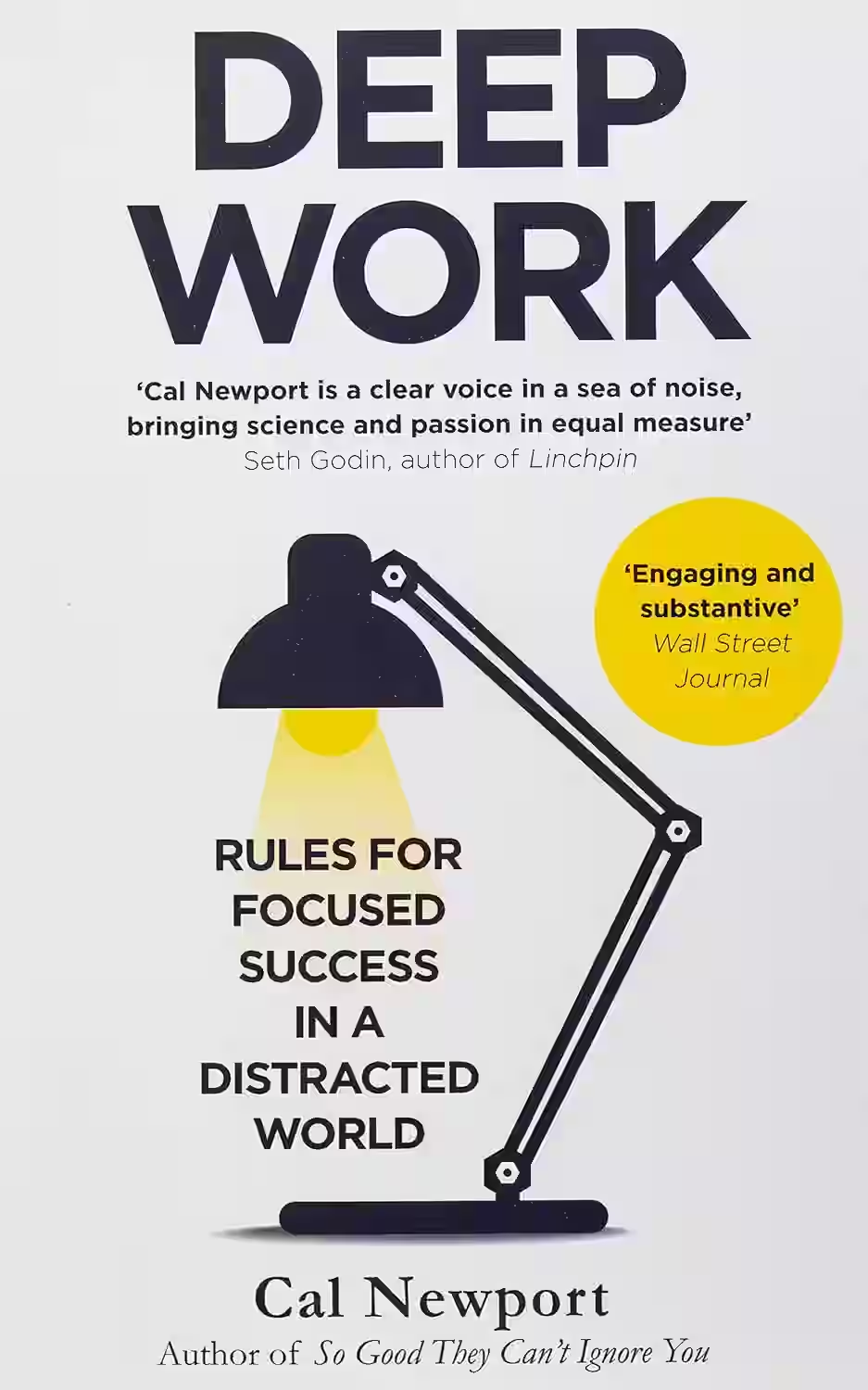
In Deep Work, Cal Newport argues that focused, distraction-free work is the key to success in an increasingly distracted world. He contrasts deep work—cognitively demanding tasks done in uninterrupted concentration—with shallow work, like emails and meetings, that erode productivity. Using research, case studies, and practical advice, Newport teaches strategies to develop focus, reduce digital distractions, and structure your time for maximum impact. Whether you're a creative professional or entrepreneur, Deep Work offers a blueprint for achieving more meaningful results. It’s a guide to thriving in the information age by reclaiming your attention.
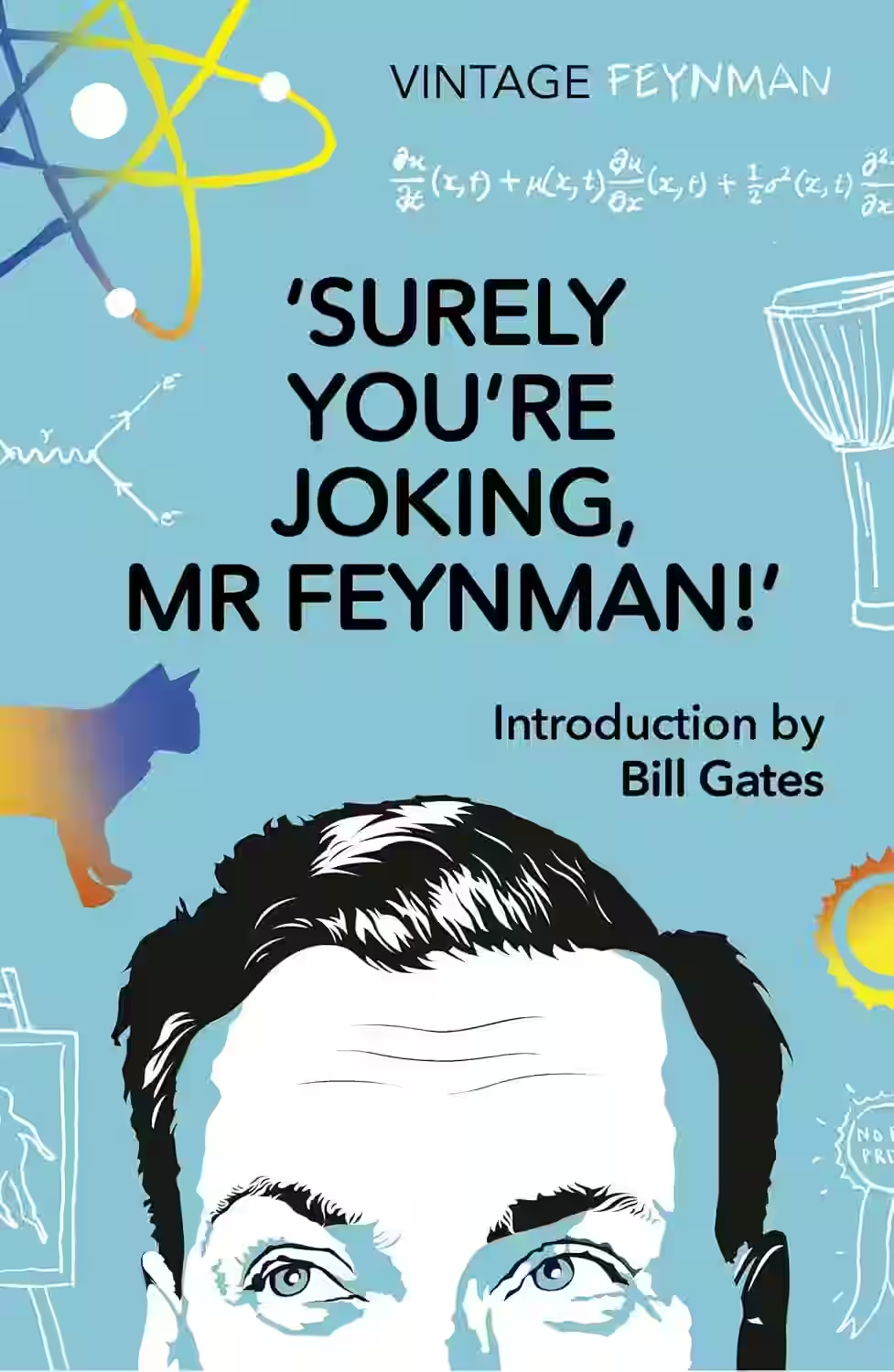
This warm and insightful portrait captures the wisdom, humor, and boundless curiosity of Nobel Prize-winning physicist Richard Feynman through intimate conversations with his friend Ralph Leighton. Beyond his groundbreaking theoretical work, Feynman was a man of adventure – an artist, safecracker, practical joker, and captivating storyteller. His life, fueled by high intelligence, unyielding curiosity, and healthy skepticism, was a series of remarkable experiences. These recorded conversations, transcribed with minimal alteration, offer a wise, funny, passionate, and utterly honest self-portrait of one of the 20th century's most brilliant and engaging minds.

In this profound memoir and psychological exploration, Holocaust survivor Viktor Frankl shares his harrowing experiences in Nazi concentration camps and the insights he gained. Central to the book is Frankl’s belief that even in the most inhumane conditions, individuals can endure by finding meaning in their suffering. He introduces logotherapy, his psychotherapeutic method focused on the pursuit of meaning as a primary human drive. Frankl’s reflections blend personal resilience with deep philosophical and spiritual questions, making the book a timeless meditation on hope, purpose, and the human capacity to transcend hardship in search of something greater.
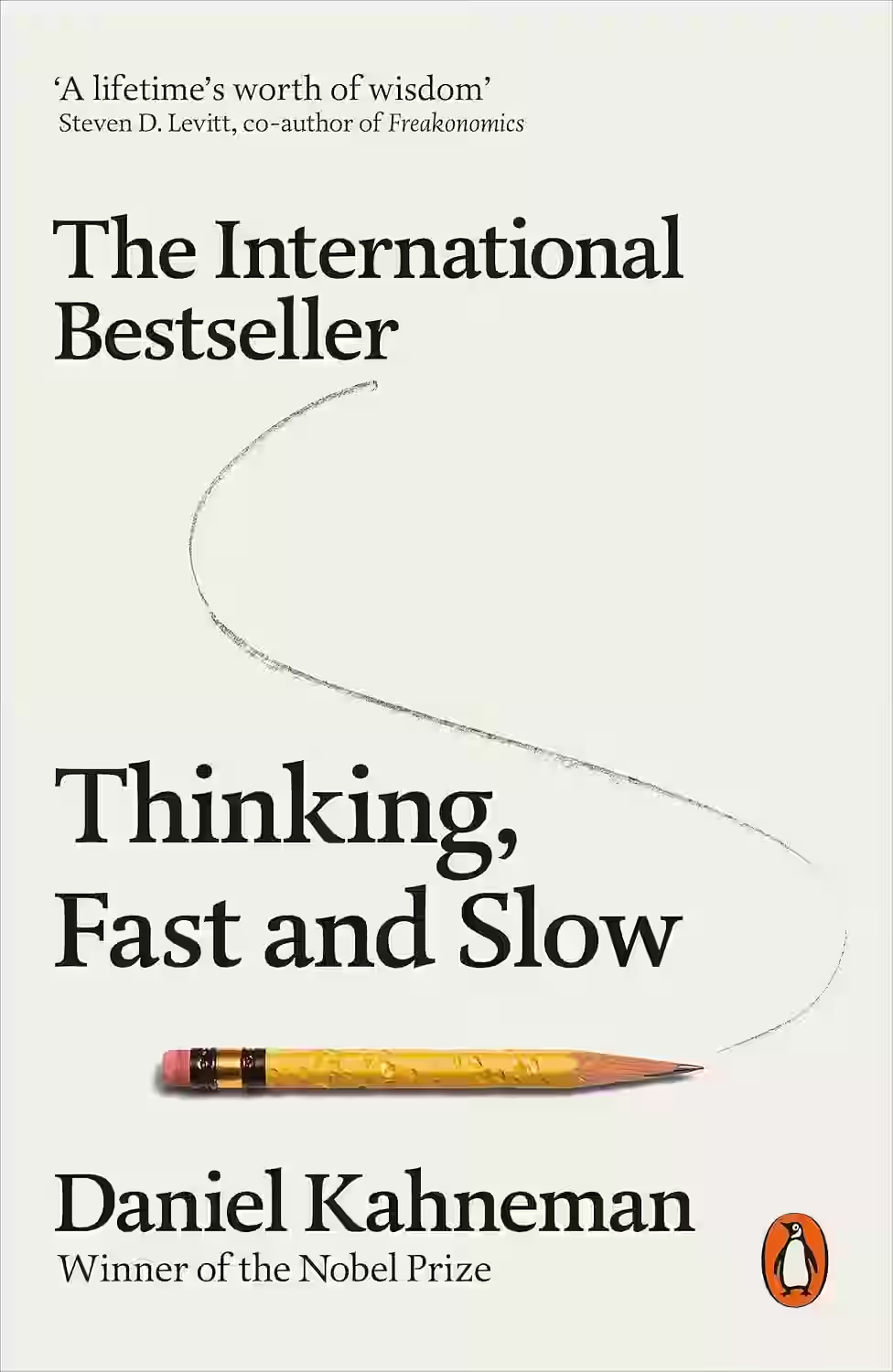
In 'Thinking, Fast and Slow,' Daniel Kahneman, a renowned psychologist and Nobel laureate, delves into the fascinating world of our thought processes. He introduces readers to the two systems that drive the way we think: the fast, instinctive and emotional System 1, and the slow, deliberate and logical System 2. Through engaging anecdotes and thought-provoking experiments, Kahneman explores the biases and heuristics that influence our decisions, leading to both enlightening and unsettling revelations about human cognition. This groundbreaking book not only challenges our understanding of decision-making but also offers valuable insights into how we can navigate the complexities of our minds to make better choices.
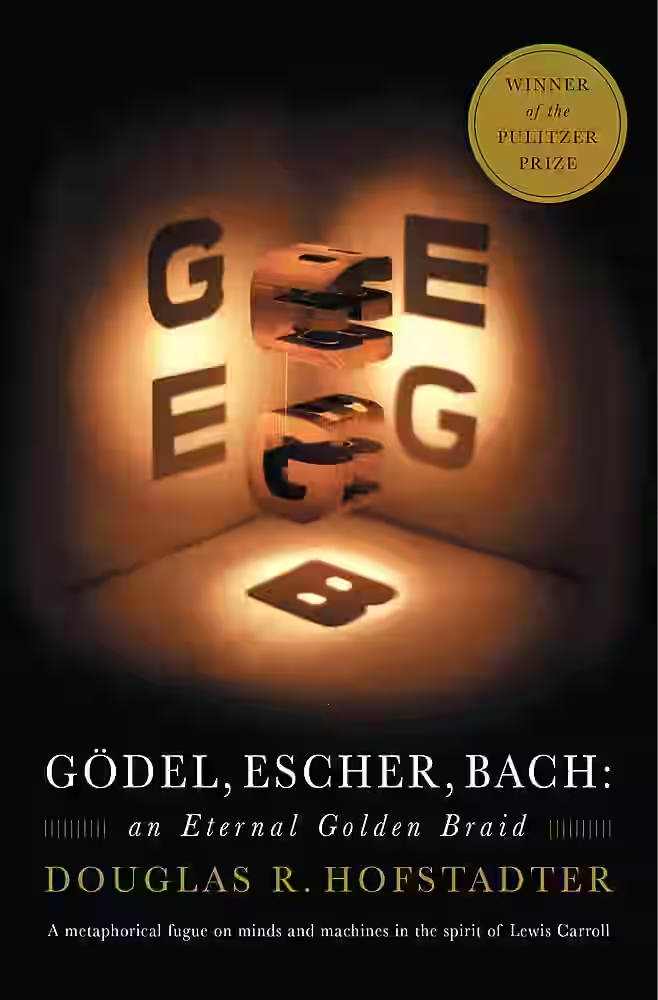
In 'Godel, Escher, Bach: An Eternal Golden Braid', Douglas Hofstadter weaves together the enigmatic works of mathematician Kurt Godel, artist M.C. Escher, and composer Johann Sebastian Bach to explore the interconnectedness of logic, art, and music. Through a series of engaging dialogues, thought experiments, and puzzles, Hofstadter delves into complex concepts such as recursion, self-reference, and consciousness, challenging readers to ponder the nature of intelligence and creativity. This Pulitzer Prize-winning book is a masterful blend of philosophy, mathematics, and art that invites readers on a mind-bending journey through the mysteries of human cognition and the limits of formal systems.
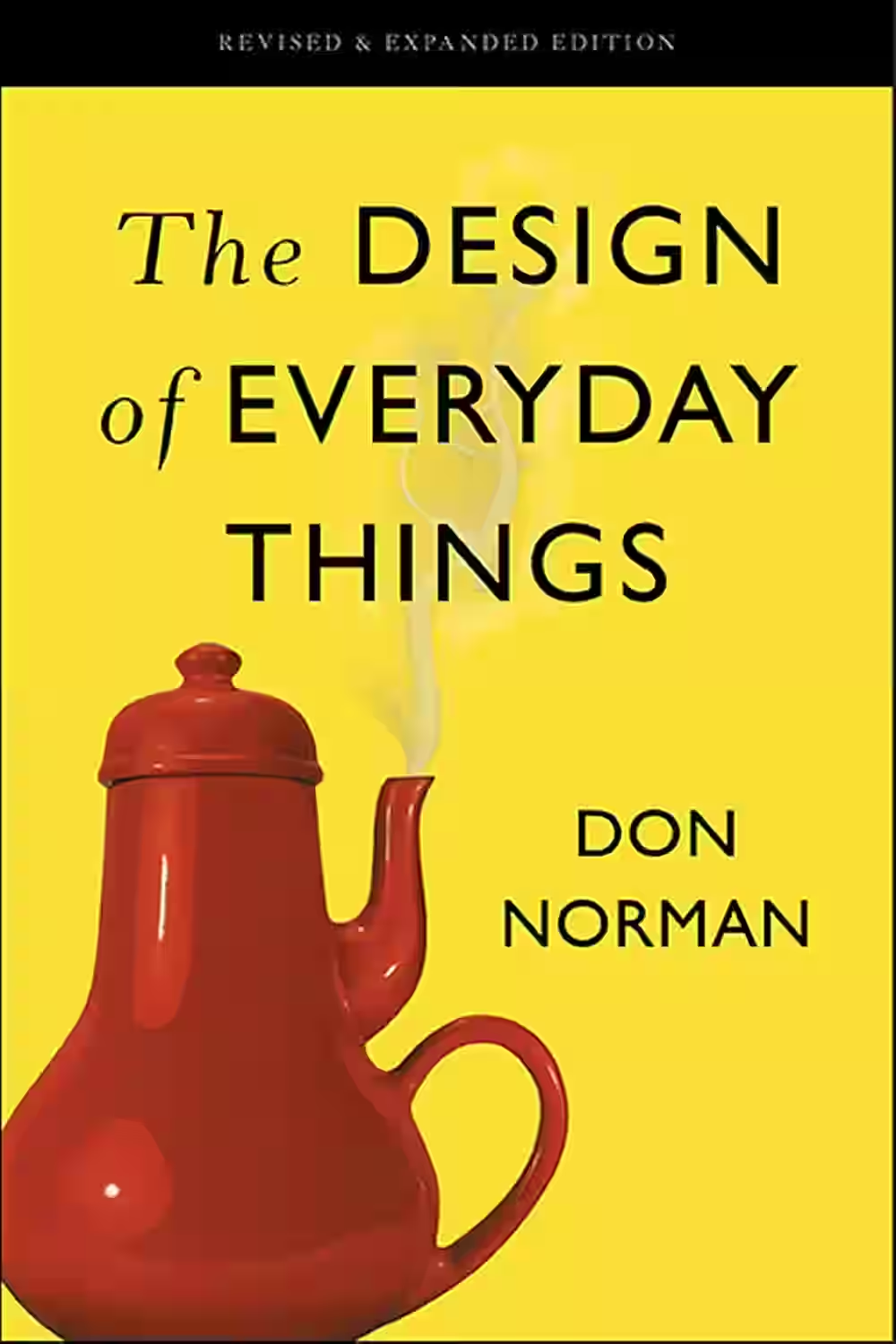
In 'The Design of Everyday Things,' Don Norman explores the world of design, exposing the inadequacies of everyday objects we interact with. By delving into the psychology behind what makes designs successful or frustrating, Norman provides readers with a fresh perspective on why some products excel while others fail. Through engaging examples and insightful analyses, he highlights the importance of user-centered design, emphasizing the need for intuitive and accessible creations. This book serves as a guide for designers, engineers, and anyone interested in understanding the impact of design on daily life. Norman's blend of expertise and readable style makes this a must-read for those seeking to enhance their design thinking.